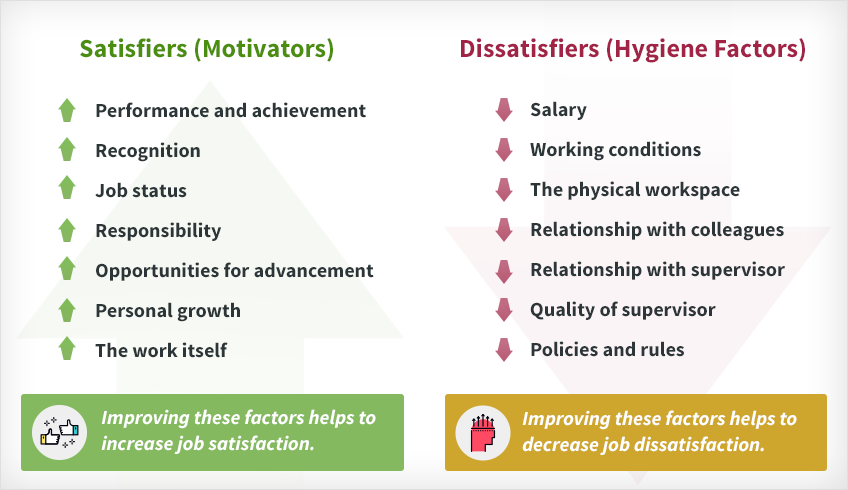Healthcare employers that focus on both satisfiers and motivators will be more successful in recruiting and retaining their workforce in a competitive market.
In a job seeker’s market, it is a herculean effort to recruit the best healthcare providers — and provider retention is even harder. Across all healthcare jobs, the national turnover rate among healthcare workers is more than 6% while the physician turnover is even higher at 13%. It’s even worse in some healthcare settings: one study found that the hospital turnover rate is as high as 26%.
Unfortunately, physician recruiters aren’t just combating retention concerns, they also have to contend with the ever increasing physician shortage. The Association of American Medical Colleges (AAMC) predicts a shortage of between 37,800 and 124,000 physicians by 2034.
Recruiting for retention
Understanding how to attract job seekers to your organization along with implementing effective retention programs is more important than ever. But before you can address either, you need to know the difference between what makes employees’ jobs merely satisfying and what will actually motivate them to stay for the long haul.
A recent survey by CHG Healthcare found that the most important factors for physicians when considering a job offer included:
- Work/life balance
- Work schedule
- Location
- Job stability
- Salary
However, those aren’t necessarily the primary motivators for employees to stay with a company.
Motivating employees
During the 1950s and 1960s, clinical psychologist Fredrick Herzberg researched the reasons behind employee satisfaction. He discovered that certain workplace factors (motivators) contribute to job satisfaction and motivation, while a completely separate set of factors (hygiene) contribute to dissatisfaction. This is also known as the Two-Factor Theory of Motivation.

Satisfiers (hygiene factors) include:
- Salary
- Working conditions
- The physical workspace
- Relationship with colleagues
- Relationship with supervisor
- Quality of supervisor
- Company policies and rules
Motivators include:
- Performance and achievement
- Recognition
- Job status
- Responsibility
- Opportunities for advancement
- Personal growth
- The work itself
Herzberg found that people strive to attain hygiene needs because they are unhappy without them. However, hygiene factors do not provide satisfaction and do not lead to higher motivation. Employees are merely dissatisfied without them, not motivated to work harder or smarter.
What really motivates employees is having interesting work that challenges them along with increased responsibility, autonomy, and recognition for a job well done. According to Herzberg, motivating factors like these fill our deep-seated need for growth and achievement.
The balance between motivators and hygiene factors
If you solely focus on fulfilling your employees’ hygiene needs, you’ll have satisfied employees with few complaints about the company, but with little motivation and low productivity. These employees view their jobs as just a paycheck.
On the other hand, by only providing your employees with motivators without adequate hygiene factors, you’ll have highly motivated, highly productive employees who hate the company.
To avoid having your employees as part of the 62% who say they are satisfied with their jobs but willing to accept another job offer if one arises, you’ll need to focus on both hygiene factors and motivators. Creating the proper balance of both will not only make your organization appealing to job seekers, but also help you retain your top talent.
CompHealth has the physicians, advanced practice, and allied providers you need to fill openings at your healthcare facility. Give us a call at 800.453.3030 or complete the form below to learn more.
Image credit: SimplyPsychology.org
Article updated April 22, 2022
 Blog
Blog